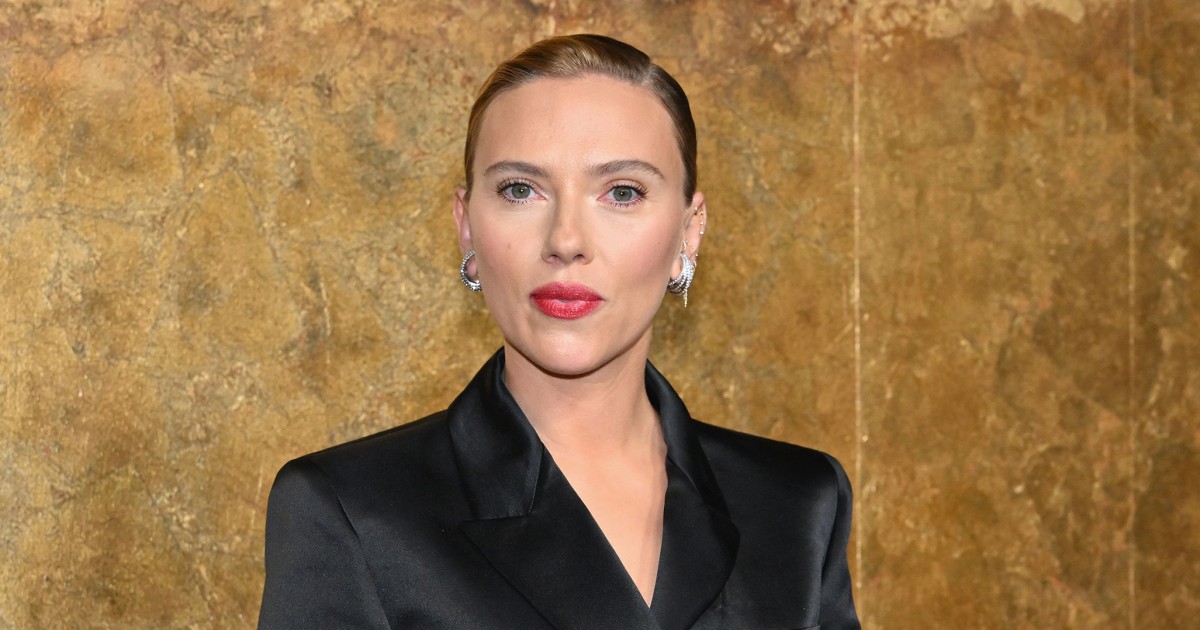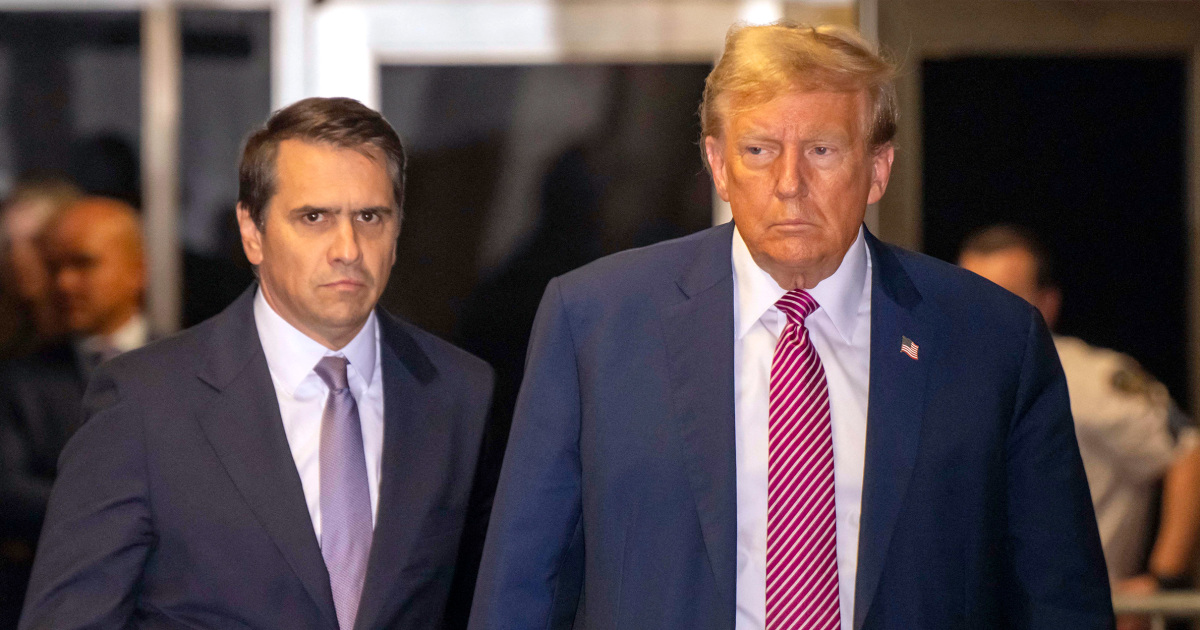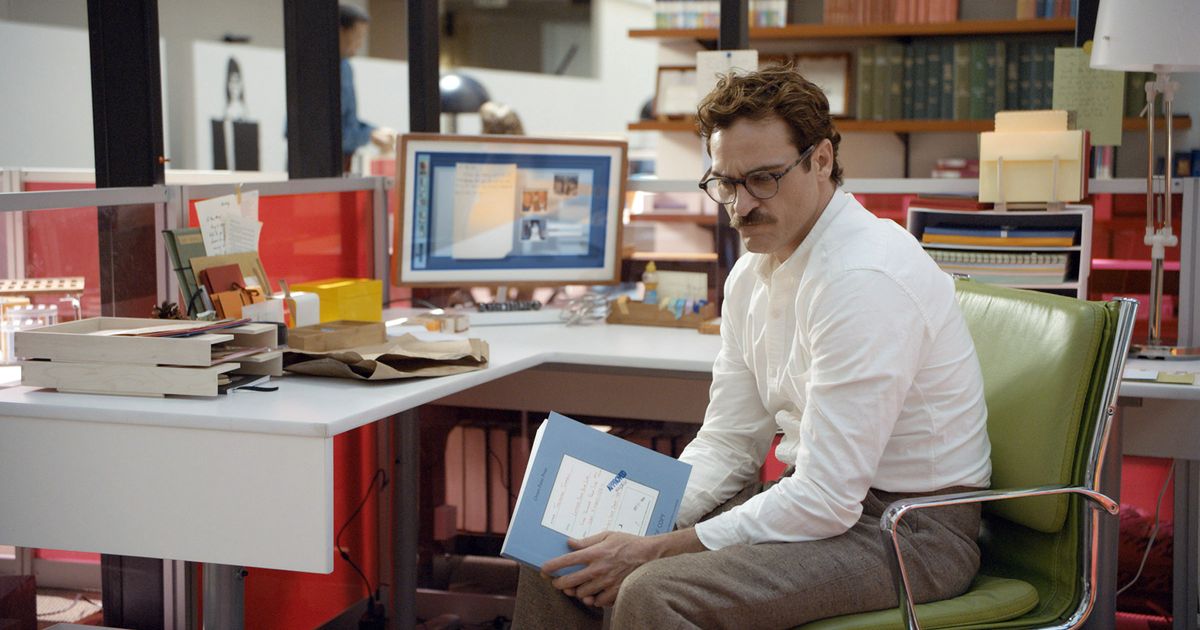Actor Scarlett Johansson said Monday that OpenAI used an “eerily similar” voice to hers for their new ChatGPT 4o chatbot despite having declined the company’s request to provide her voice.
Earlier in the day, OpenAI announced it would no longer be using the voice, but did not indicate why.
“Last September, I received an offer from Sam Altman, who wanted to hire me to voice the current ChatGPT 4.0 system,” Johansson wrote in a statement, which a representative shared with NBC News. “He told me that he felt that by my voicing the system, I could bridge the gap between tech companies and creatives and help consumers to feel comfortable with the seismic shift concerning humans and AI. He said he felt that my voice would be comforting to people.”
“After much consideration and for personal reasons, I declined the offer,” she continued. “Nine months later, my friends, family and the general public all noted how much the newest system named ‘Sky’ sounded like me.”
OpenAI debuted its new ChatGPT 4o last week, touting its ability to hold conversations in voice chats, among other features. The new tech quickly drew comparisons to the kinds of futuristic AI portrayed in movies, offering five voices — including “Sky.”
In Monday’s announcement, OpenAI said that the “Sky” voice was not an “imitation” of Johansson’s voice. The company said it was recorded by a professional actor, along with other voices that are still available. The company said it would not share the actors’ names for privacy reasons. The voice chat feature was promoted during a May 13 product demonstration held by OpenAI, but the feature has been available since September 2023.
Johansson voiced an artificial intelligence chatbot in the 2013 movie “Her,” which OpenAI CEO Sam Altman referenced in relation to the company’s new voice offerings — something Johansson noted in her statement.
“When I heard the released demo, I was shocked, angered and in disbelief that Mr. Altman would pursue a voice that sounded so eerily similar to mine that my closest friends and news outlets could not tell the difference,” Johansson wrote in the statement. Altman’s announcement of the new product was posted on X on the same day of the product demonstration and is still live. Her statement continued, “Mr. Altman even insinuated that the similarity was intentional, tweeting a single word ‘her’ – a reference to the film in which I voiced a chat system, Samantha, who forms an intimate relationship with a human.”















